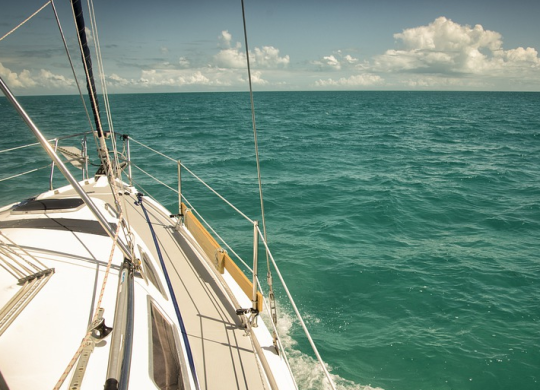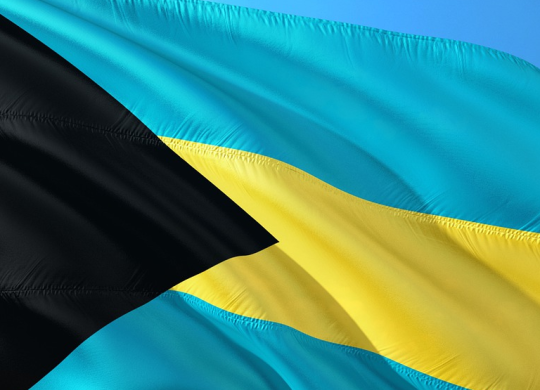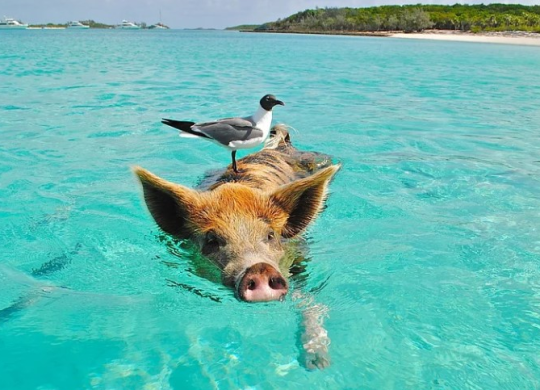Employment in the Bahamas: labour market, conditions and work visa
Table of contents

With 700 palm-fringed tropical islands with turquoise waters and 2,400 coral reefs within the Atlantic Ocean, the Bahamas, a Caribbean country located in the Lucayan archipelago, is the country of the Bahamas. The state has the highest GDP per capita in the region. Although at first glance the economy seems quite strong, today the country is struggling with increasing competition for job vacancies and levels of public debt.
Labour market
Tourism, as well as construction and manufacturing related to the tourism sector, accounts for about 80% of the national GDP. The financial sector is the second most important source of income (15% of GDP), as the country has a reputation as a major offshore banking destination. To comply with OECD countries, particularly the United States, the Bahamas has adopted anti-money laundering laws and has signed numerous tax treaties. Other small industries are agriculture and general manufacturing, both of which account for only a small percentage of GDP.
Job prospects
Expats who dream of working in the Bahamas find it difficult to find work because the government protects its citizens and tries to reduce unemployment among its population. The easiest way for expats to obtain employment is to transfer to a branch of an international company in the Bahamas. In this case, your employer must arrange and pay for your work permit. This is a common practice for employees of banks and insurance companies with special skills and qualifications. Work permits are issued for one year and can be renewed. However, after working in the Bahamas for five years or more, it is difficult to obtain renewals.
Work visa
Foreign nationals who wish to travel to The Bahamas for employment will require one of the following permits:
• short-term work permit: allows foreign nationals to work in the Bahamas for up to 90 days;
• long-term work permit: allows one to stay and work in The Bahamas for more than three months.
These permits also function as visas, so employees will not need to obtain a separate document for entry.
Documents required
The following documents are required to apply for a long-term work permit:
1. A letter from a prospective employer in The Bahamas stating the reason for the application and details of the position;
2. A copy of the first page of the applicant's passport containing curriculum vitae
3. Two passport-size colour photographs
4. A police certificate confirming that the applicant has no criminal history;
5. Medical certificate;
6. Written references from previous employers (not more than two);
7. proof that the employer advertised the position in local newspapers before hiring the foreign national
8. Certificate of the Ministry of Labour of The Bahamas, indicating that the resident of the Bahamas could not take the position.
Taxes
Expatriate income is tax-free, but you may have to pay a National Insurance Contribution (equivalent to social security) of 9.8% of your weekly wage, of which your employer will pay 5.9%. However, taxes may vary depending on your total income. To find out more about visa requirements and taxation, please contact the Bahamas Department of Immigration and the Bahamas National Insurance Board or contact a legal advisor.
Recommended articles
3 min
Popular
Top 8 countries with the best work-life balance in 2024
Moving abroad is an important step for every expat. Especially if the purpose of the change of residence is work. And for most, the most important thing when choosing a suitable location is the balance between work and personal life. We are talking about the rating of countries where you will have a good job and a lot of free time.
30 Apr. 2024
More details2 min
Work
Job in Japan for expats in 2024: labor market, work visa and basic requirements
Japan is a promising country for expats to move to, which attracts high quality of life and career prospects. Considering that in recent years the state has increasingly opened its doors to foreigners, local employers are increasingly hiring specialists from abroad. Find out what are the features of the Japanese labor market and how a foreigner can get a work visa in the country
04 Nov. 2024
More details4 min
Treatment
5 min
Residence permit
All materials and articles are owned by VisitWorld.Today and are protected by international intellectual property regulations. When using materials, approval from VisitWorld.Today is required.